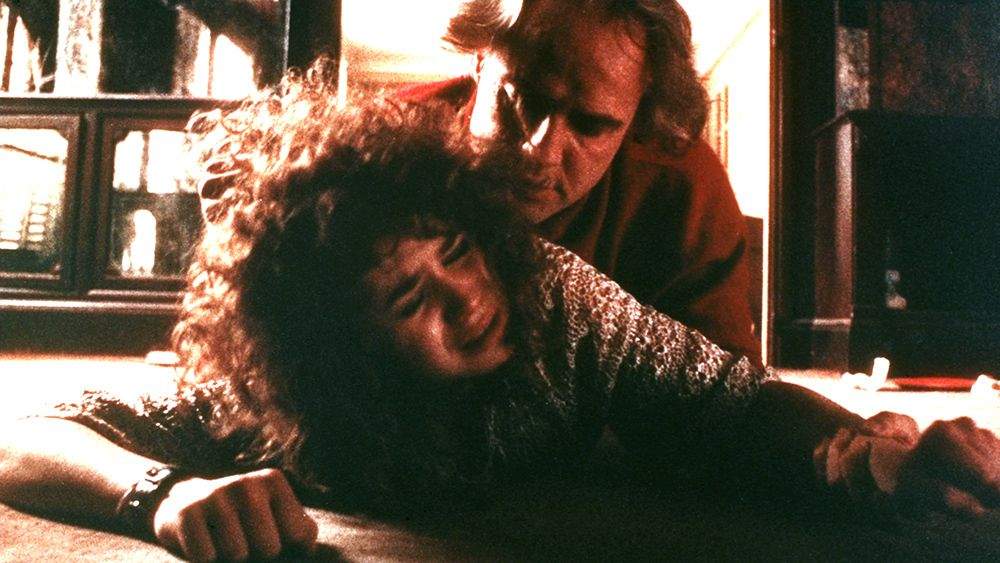Franceschini abolishes film censorship. The last one had been in 2012
Culture Minister Dario Franceschini has signed a decree establishing thepermanent abolition of film censorship. Until now, in fact, the Ministry of Culture had the power to block the screening in theaters of films that were contrary to morality or decency. Franceschini’s decree establishes the Commission for the Classification of Cinematographic Works at the General Directorate of Cinema of the Ministry of Culture, which will have the task of verifying the correct classification of cinematographic works by operators.
The move was made under the Cinema Law, which introduces the classification system and permanently overcomes the possibility of censoring cinematographic works: there is no longer an absolute ban on theatrical release or release conditioned by cuts or edits. The Commission is chaired by the President Emeritus of the Council of State, Alessandro Pajno, and is composed of forty-nine members who have been chosen from among experts of proven professionalism and competence in the film industry and in pedagogical-educational aspects related to the protection of minors or in social communication, as well as designated by parents’ associations and animal protection associations.
“Abolished film censorship, definitively overcome that system of controls and interventions that still allowed the state to intervene in the freedom of artists,” comments Culture Minister Dario Franceschini.
Recently, censorship has been used very rarely: only twice since 1998. The last censorship had concerned, in 2012, Raffaele Picchio’s film Morituris, an independent horror film that imagined the return, in contemporary Italy, of five gladiators convicted of violence in ancient Rome. “The Film Review Commission, having viewed the film,” the reasons for the censure read, “unanimously expresses its opinion against the issuance of clearance for public screening on the grounds of offenses against morality, meaning the acts of violence and perversion on women, motivated by the taste of overpowering and the intoxication of one’s own strength reinforced by the consumption of alcohol and drugs. In addition, ”vigilantes“ turn on both boys, who are guilty of violence and sadism, and girls, who are victims of their executioners. Finally, a mouse is employed in the acts of perverse violence as a sex object. Therefore, the Commission considers the film to be an essay in gratuitous perversiveness and sadism.” Therefore, the theatrical release of Picchio’s film had been blocked: the film could only be shown at film festivals.
The penultimate censorship had been in 1998 for Ciprì and Maresco’s cult film Totò che visse due volte: the film was declared “forbidden to all” because it was deemed, by the Film Review Commission, “degrading to ’the dignity of the Sicilian people, the Italian world and humanity,’ and filled with ’contempt towards religious sentiment,’ with scenes that were ”blasphemous and sacrilegious, steeped in moral degradation." This was despite the fact that the film had also received public grants as it was deemed to be of national cultural interest. Before that, many films had fallen under the censorship axe: among others, Bernardo Bertolucci’s Last Tango in Paris, Pier Paolo Pasolini’s Salò or the 120 Days of Sodom, Stanley Kubrick’s A Clockwork Orange, Gerard Damiano’s Deep Throat, Moustapha Akkad’s The Lion of the Desert, Ruggero Deodato’s Cannibal Holocaust, Nando Cicero’s W la f ocaust, and Joe D’Amato’s Black Sex.
Pictured: a scene from Last Tango in Paris.
 |
| Franceschini abolishes film censorship. The last one had been in 2012 |
Warning: the translation into English of the original Italian article was created using automatic tools. We undertake to review all articles, but we do not guarantee the total absence of inaccuracies in the translation due to the program. You can find the original by clicking on the ITA button. If you find any mistake,please contact us.




























